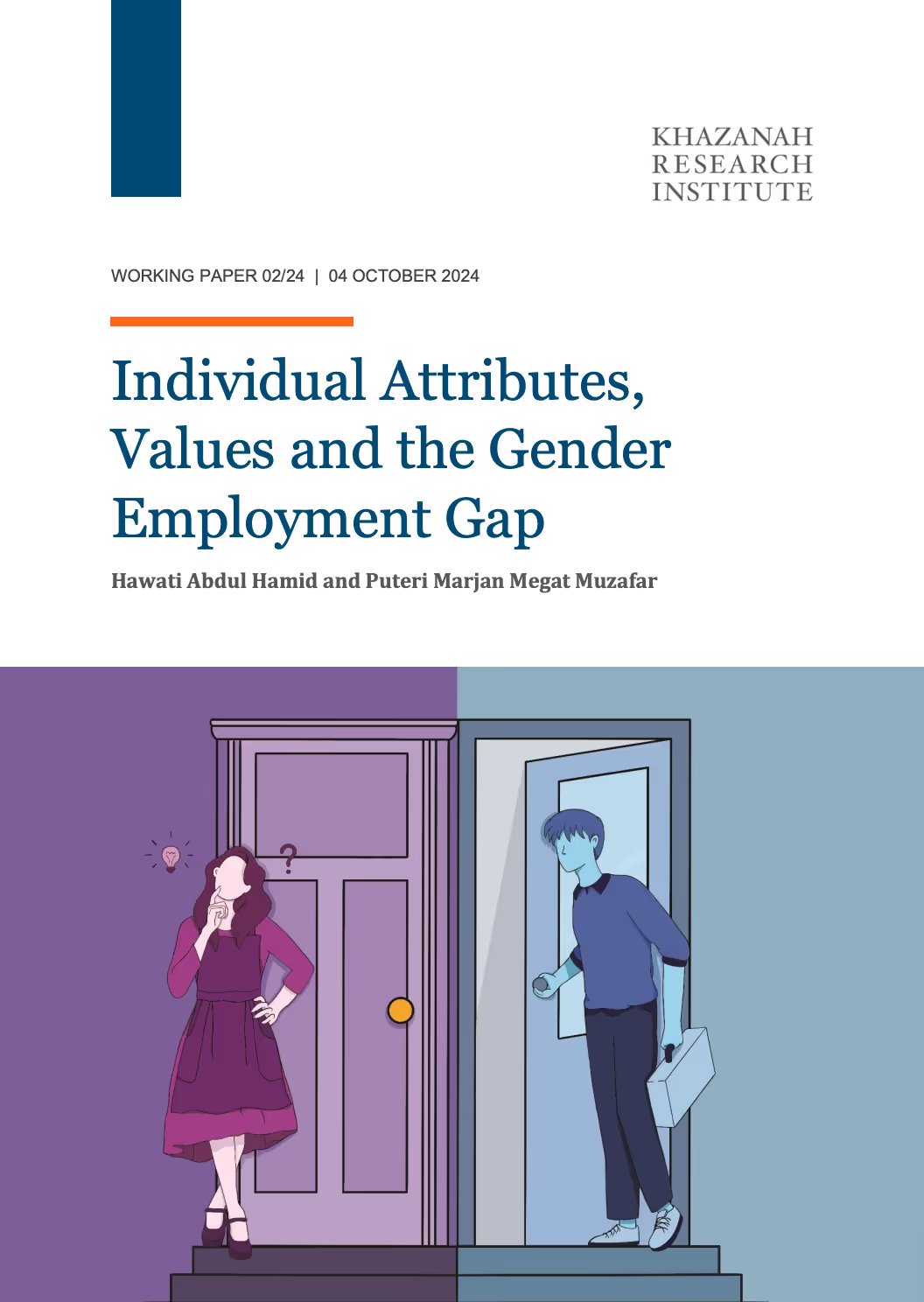
This working paper is part of studies within KRI’s broader research on Gender and Care Work.
This paper explores how individual attributes and values differentially shape men’s and women’s employment. Findings of the study indicate that gender related factors distinctly affect employment, with women having 66% lower odds of being in employment compared to men. The employment gap is primarily driven by differential treatment of identical characteristics in the labour market, rather than differences in individual characteristics, with factors like motherhood and attitudes on gender roles disproportionately affecting women.
Addressing gender disparities in the labour market requires policies that address systemic issues both at work and home. This could include family-friendly policies such as flexible work arrangements, parental leave and affordable childcare to support women in balancing work and family responsibilities. Equally important is emphasising equal participation at home, with men playing a more active role in family and caregiving responsibilities.












.avif)

